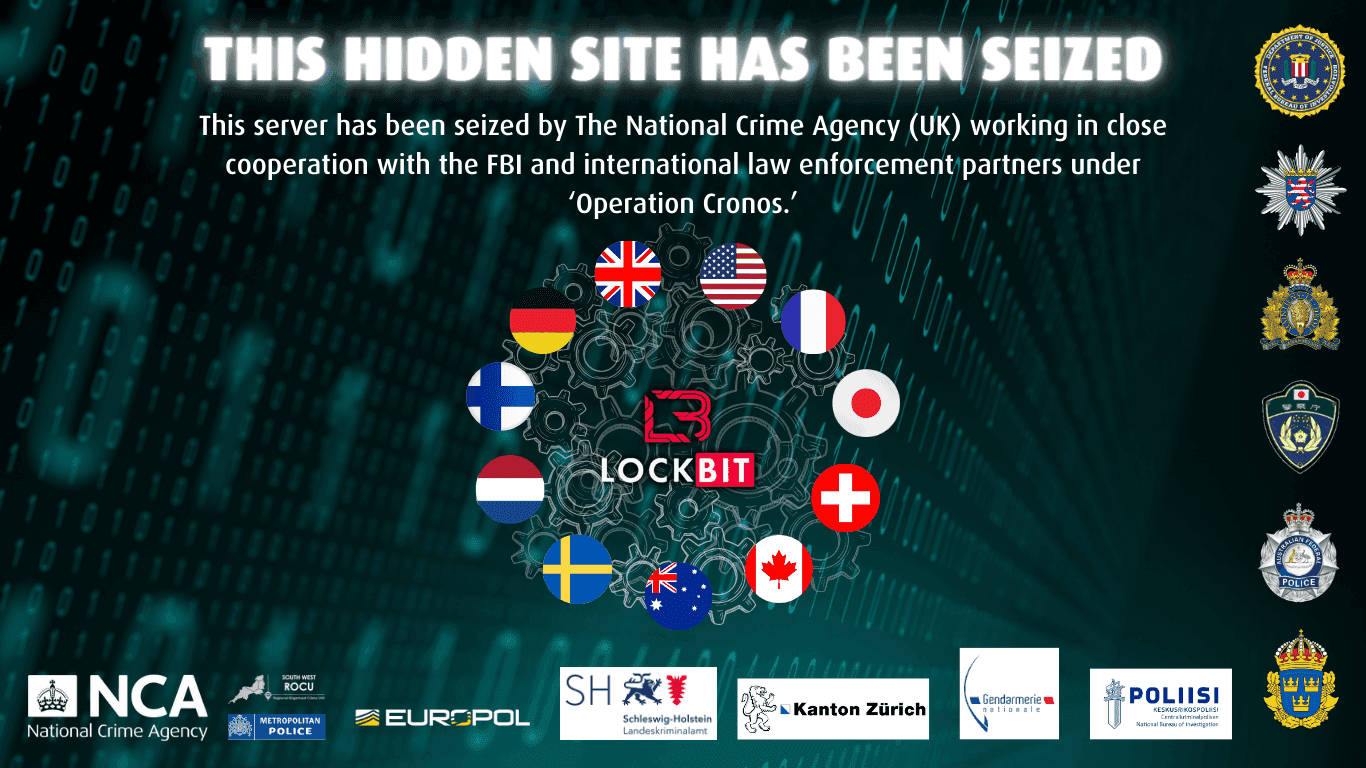
Buy Figma Version
Easily personalize every element of template with Figma and then transfer to Framer using plugin.
Blog Post
Understanding the Impact of Cyber Incidents: A Cautionary Tale
The recent service disruption at CTS, a key IT service provider for law firms, exemplifies the far-reaching consequences of cyber incidents in our increasingly interconnected digital world. While the specific cause of the CTS incident remains unconfirmed, it serves as a poignant reminder of the potential severity of such disruptions, regardless of their origin. Cyber attacks, including sophisticated methods like phishing, are prevalent threats that organisations must continually guard against.
In the case of CTS, the impact was immediate and extensive, affecting around 80 law firms and disrupting property transactions. This incident highlights how a single point of failure in a digital ecosystem can have a cascading effect, emphasising the need for robust cybersecurity defences across all sectors.
The reaction from those affected, voiced through social media, underscores the significance of clear communication following a cyber incident. Transparency and prompt updates are essential in managing the fallout and maintaining trust among clients and stakeholders.
CTS's engagement with a global cyber forensics firm indicates the complexity of the situation and the challenges in rapidly restoring services. "Whilst we are confident that we will be able to restore services, we are unable to give a precise timeline for full restoration." This uncertainty amplifies the need for proactive measures in cybersecurity.
From a regulatory perspective, the Council for Licensed Conveyancers (CLC) advises open communication between law firms to mitigate the disruption. This approach is crucial, as it is not just about managing the technical aspects of a cyber incident but also about handling client relations and reputational risks effectively.
'This situation serves as a stark reminder of the importance of being prepared for various types of cyber threats.'
While phishing is a common and potent threat, organisations must be ready to defend against a wide array of cyber attacks. Vigilance, regular training, and a culture of cybersecurity awareness are key to safeguarding sensitive data and operations.
As the digital landscape continues to evolve, phishing has emerged as one of the most significant threats. These deceptive practices involve sending fraudulent communications that appear to come from a reputable source, often leading to unauthorized access to sensitive data. The simplicity and effectiveness of phishing attacks make them a preferred method for cybercriminals.
In this context, the role of platforms like PhishDeck becomes increasingly crucial. PhishDeck specialises in providing realistic security simulations that replicate various phishing scenarios. Through these simulations, employees learn to recognize and respond to phishing attempts effectively. This hands-on approach to cybersecurity training is invaluable in equipping staff with the skills needed to identify and thwart such attacks, thereby enhancing an organization's cyber defenses.
In the wake of incidents like the one at CTS, it's evident that a proactive stance on cybersecurity, particularly against phishing, is not just advisable but essential. PhishDeck's innovative approach to phishing simulations offers a practical solution in building and maintaining a resilient digital defence.
In conclusion, the unfolding situation with CTS serves as a critical learning opportunity for all organisations. It reinforces the need for robust cybersecurity practices and preparedness to address not just the threats we know, but also those that are unforeseen.
The original BBC article can be accessed here.




